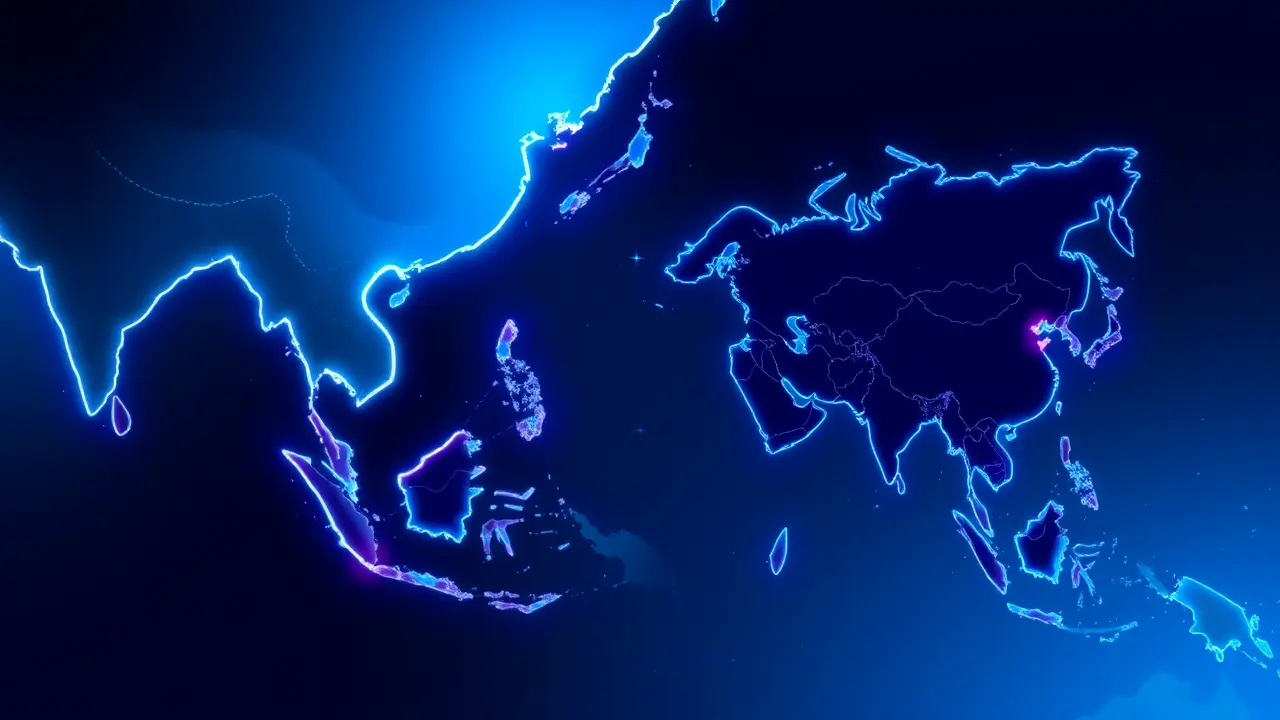
PoliticsdiplomacyBilateral Relations
Trump Shifts US Focus from Asia to Western Hemisphere
RO
Robert Hayes
1 day ago7 min read
The strategic reorientation of American foreign policy under President Donald Trump, marked by his recent diplomatic foray, signals a profound shift away from the 'pivot to Asia'—a cornerstone of the Obama administration's geopolitical architecture—toward a renewed emphasis on the Western Hemisphere. This recalibration is not merely a change in itinerary but a fundamental reassessment of national priorities, echoing historical cycles where American focus oscillates between Atlantic and Pacific spheres of influence.The original pivot, conceived as a multifaceted strategy to deepen economic, military, and diplomatic ties across the Asia-Pacific in response to China's ascendance, represented a generational commitment to reinforcing a rules-based order. Its apparent supplanting by a hemispheric doctrine, while arguably addressing long-neglected relationships in Latin America and the Caribbean, creates a strategic vacuum that America's allies from Japan and South Korea to Australia and the Philippines observe with profound apprehension.These nations, having structured their long-term security and economic planning around the assurance of sustained American engagement, now confront the unsettling reality of a superpower retrenching from its stated commitments. The consequences are multifaceted: it emboldens revisionist powers to test the resolve of regional security architectures, it forces allies to consider alternative hedging strategies, including deeper accommodation with Beijing, and it undermines the credibility of American partnership in a theater deemed critical to global prosperity.This is reminiscent of past strategic pivots, such as the interwar period's isolationist tendencies, which created power vacuums that adversarial states were all too eager to fill. Expert commentary from figures like former Secretary of Defense James Mattis often underscores that consistency of presence is as critical as military might in maintaining deterrence.The analytical insight here is that while a focus on the Western Hemisphere addresses legitimate concerns over transnational crime, migration, and economic integration in the Americas, it does so at the potential cost of ceding strategic ground in the Indo-Pacific, a region that constitutes the primary arena for 21st-century great power competition. The broader context is a world where perceived American unreliability becomes a structural feature, prompting a slow but inexorable realignment of global alliances and a fragmentation of the post-Cold War order.
#editorial picks news
#US foreign policy
#Asia pivot
#Trump administration
#Obama legacy
#allies
#Western Hemisphere
Stay Informed. Act Smarter.
Get weekly highlights, major headlines, and expert insights — then put your knowledge to work in our live prediction markets.
Related News
Comments
It’s quiet here...Start the conversation by leaving the first comment.
© 2025 Outpoll Service LTD. All rights reserved.













